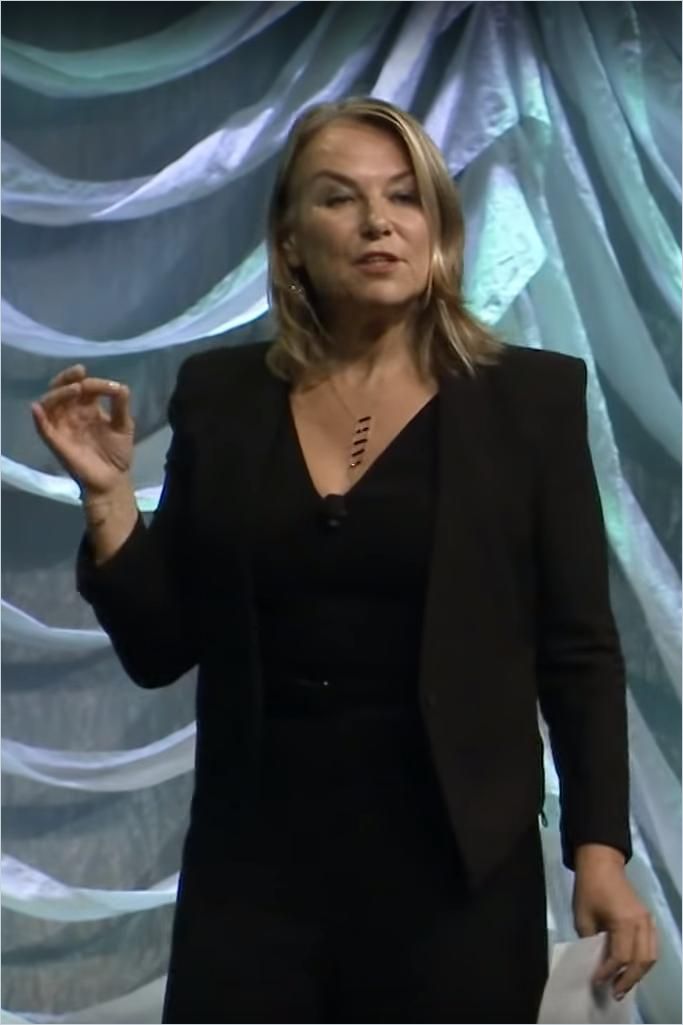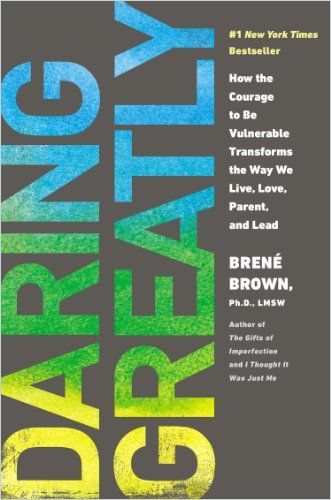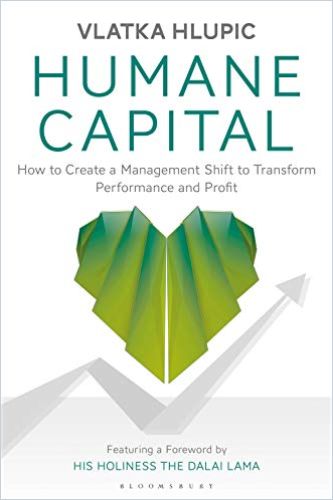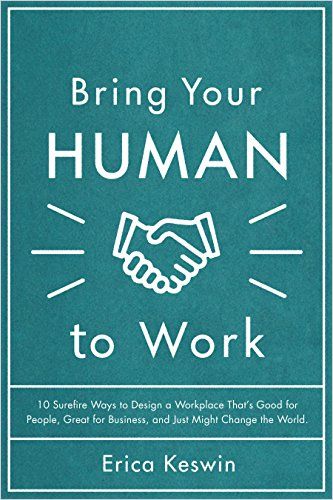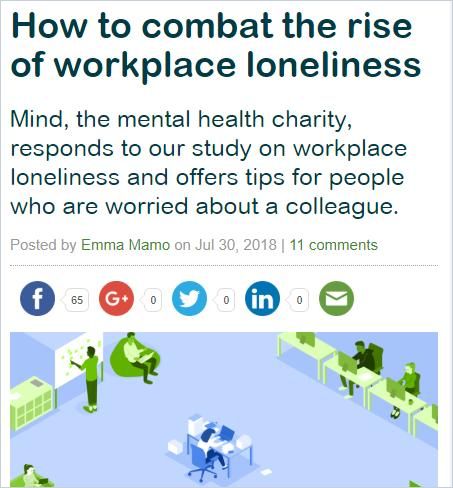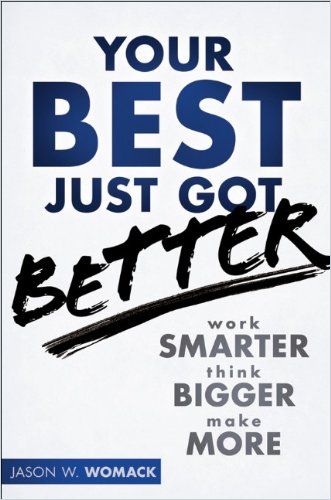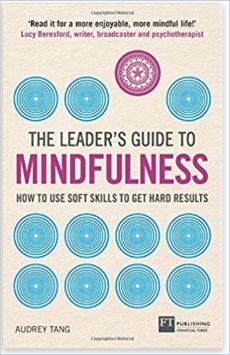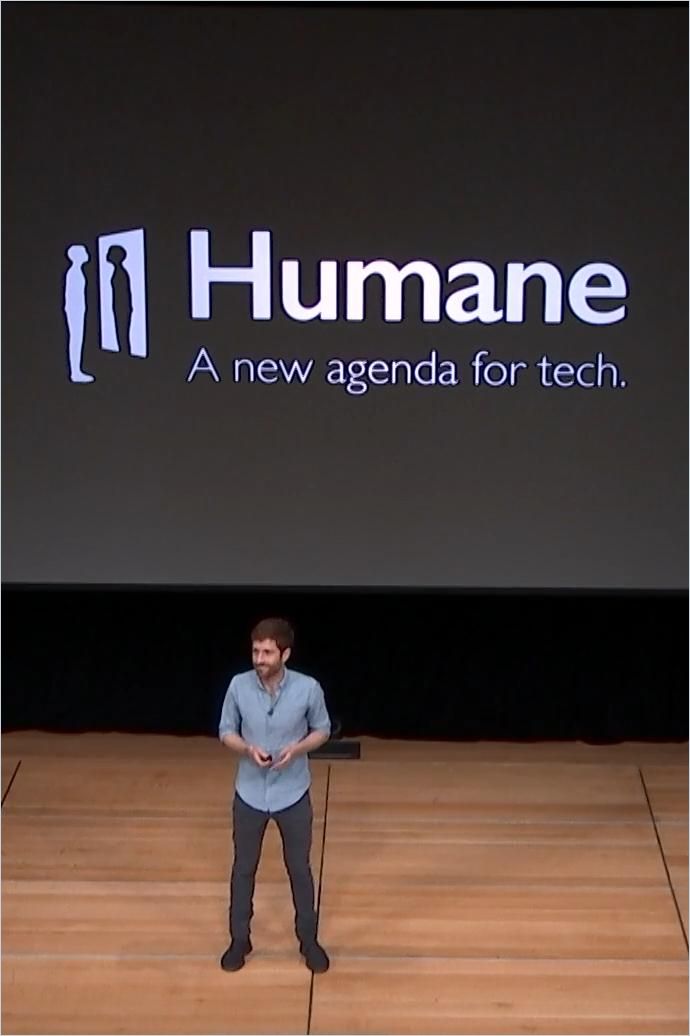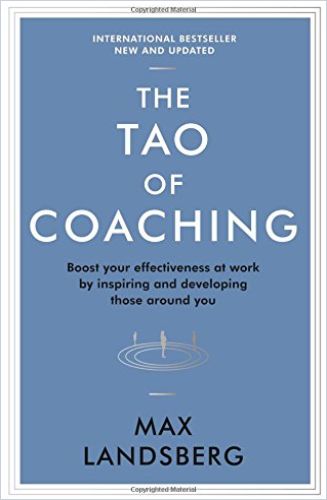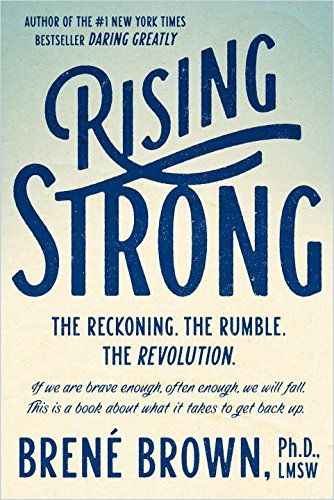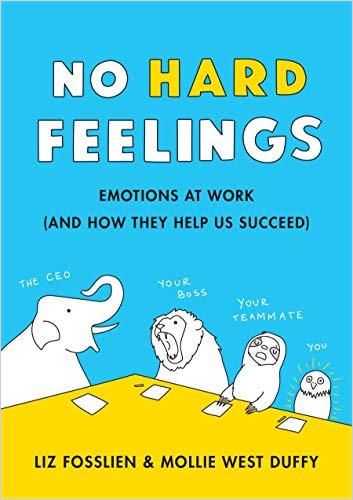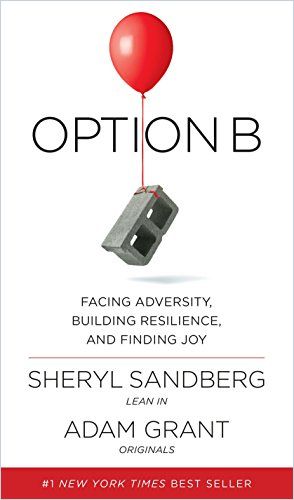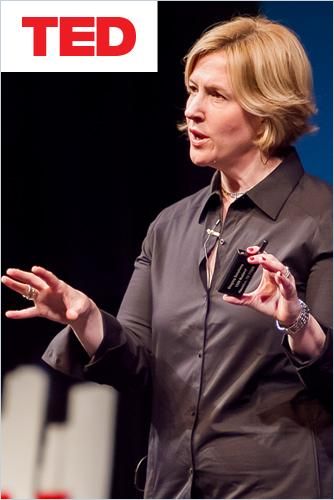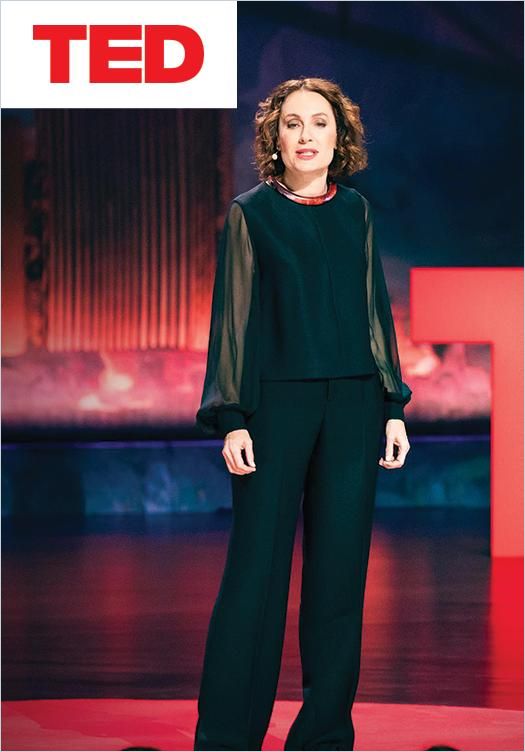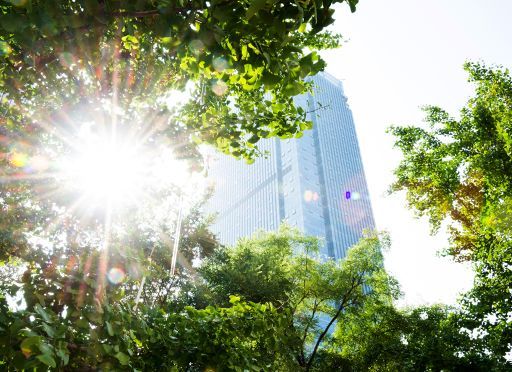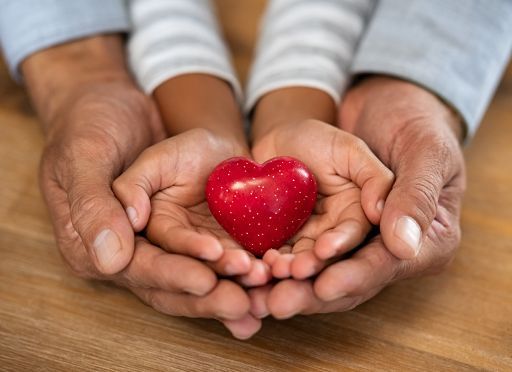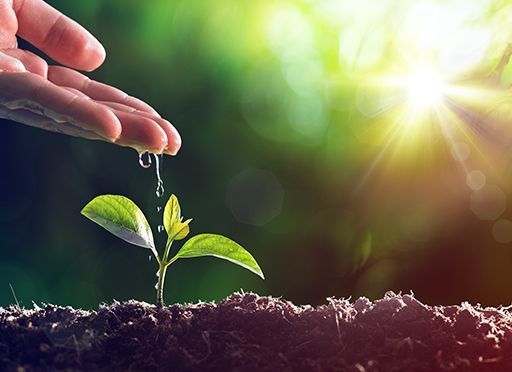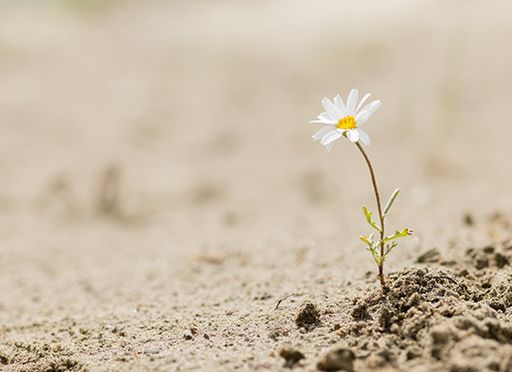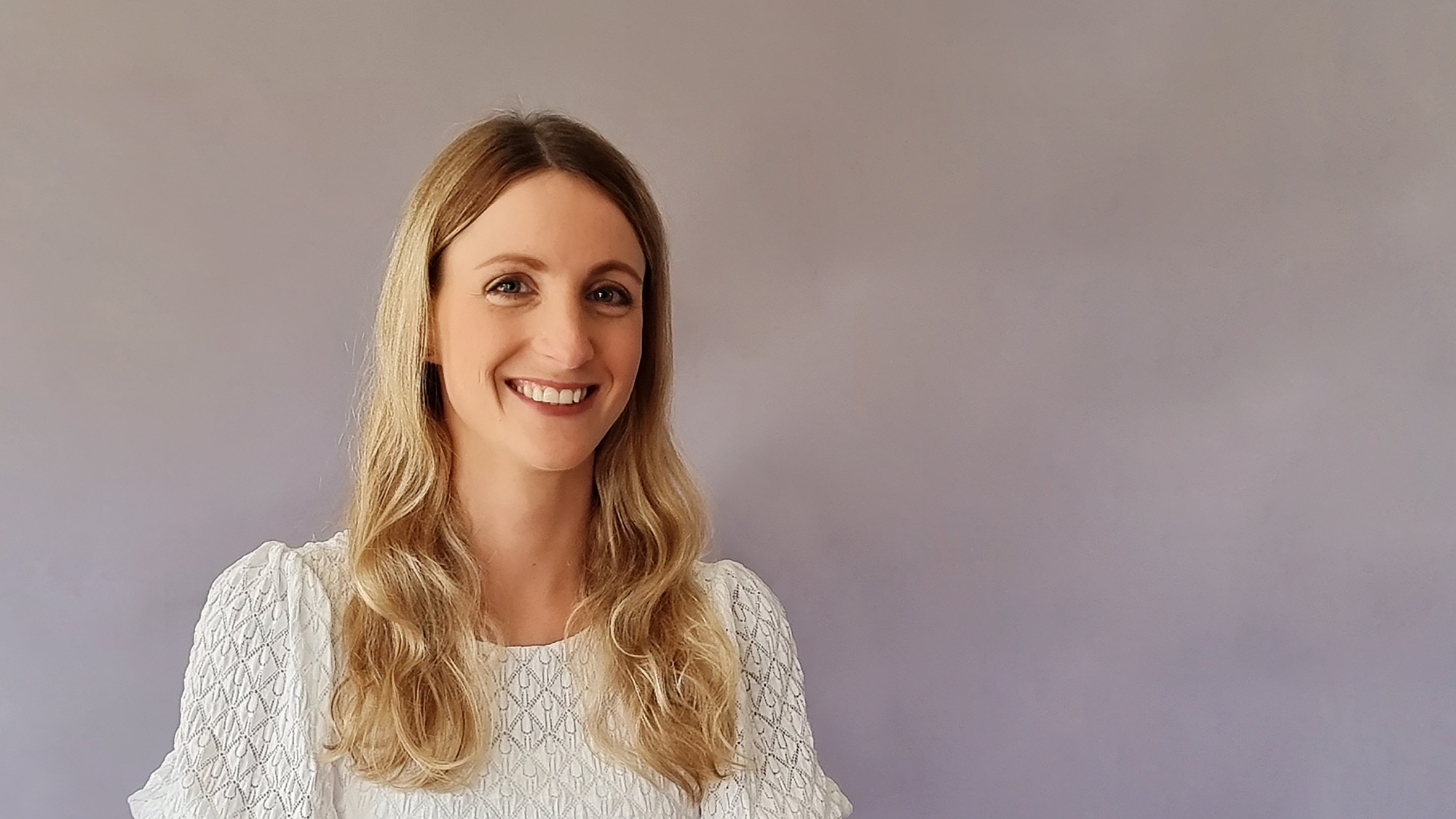Of Viruses, Vulnerability and Superheroes
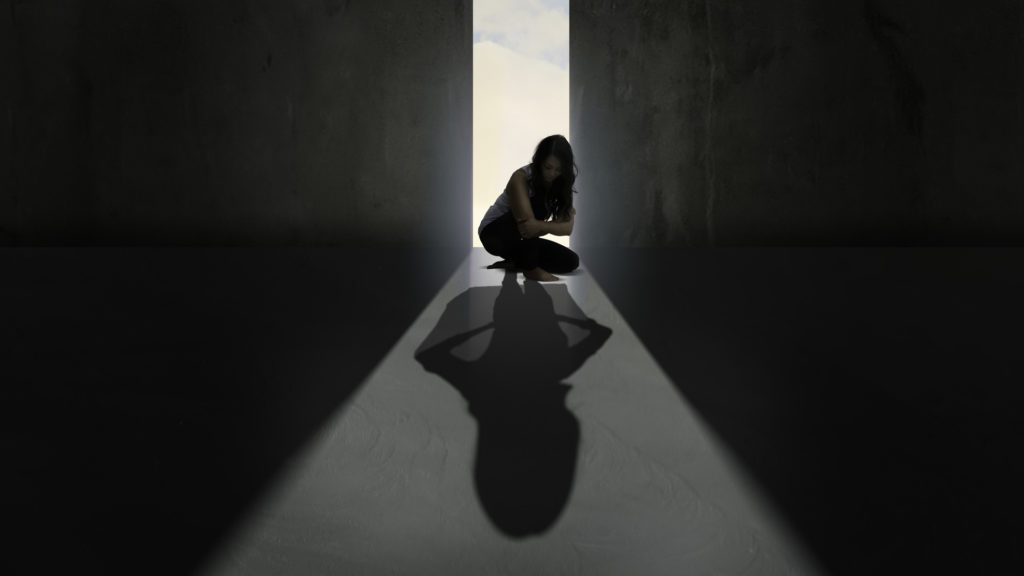
The pandemic is taking an emotional toll on all of us. Some struggle with intense feelings of isolation and loneliness. Others navigate the daily challenges of living in close quarters with their family members. Many of us are plagued by feelings of guilt and despair for not being able to help out elderly parents or relatives who don’t live close-by. And all of this comes on top of daily fears about getting infected by the virus, anxieties about losing our job, and worries about mortgage payments and retirement savings.
Those of us who are lucky to still have a job, are not working on the frontlines and haven’t lost a loved-one to the virus may feel tempted to dismiss their struggles as small and unimportant in the face of all the suffering around the world.
Yet best-selling author and researcher Brené Brown, who specializes in courage, vulnerability and empathy, argues that “comparison suffering” is not what we should be doing right now. As she stated in the fourth episode of her wildly popular podcast, Unlocking Us, “Hurt is hurt, and every time we honor our own struggle and the struggles of others by responding with empathy, the healing that results affects us all.”
Hardships of any kind can make us feel lonely. Talking about it helps; reaching out to others does as well. In a videocast with getAbstract’s Patricia Dietrich, leadership coach Jodi Womack reminds us that we have more to offer to others than we might think:
Womack likes to talk about our hidden talents as personal superpowers: “To discover your personal superpower is to realize that you might be doing something that others don’t. A superpower is something that’s important to me and that I am good at. What the world needs right now the most is for all of us to be enlivened in what we’re really, really good at.”
Superpowers are hidden skills and talents and gifts that we have, that we don’t always think of as special because they seem so normal to us. I think of them as superpowers because not everybody has them.
Jodi Womack
Drawing on her experience as a coach, Womack encourages everyone to build a support team even before the going gets tough. Womack has clients build “Team You” – a list of people who want to see you succeed in all the different areas of your life. The key, for Womack, is to compile the list when you are in a positive state of mind: “In my experience, when I’m feeling isolated, when I’m feeling alone, it’s the worst time to try and think who’s actually an ally. So the key is to make this list when you are up, when you are mentally agile, when you are thinking well.”
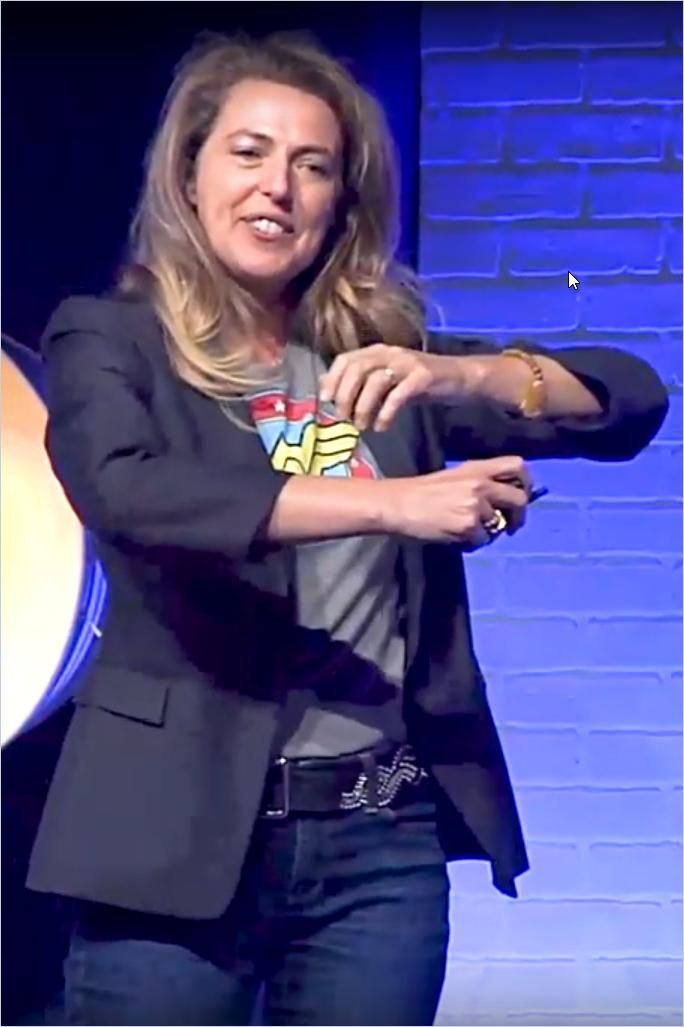
Dear Wonder Woman, You Are Not Alone
Leadership Education and Development ExperienceIn addition, think about the people you can reach out to – especially friends and acquaintances who are not on social media. Crafting a letter in old-fashioned handwriting can be one way to connect to older people or small children. “There is no wrong way to do it other than not doing it,” Womack contends.
This is a time where we can really use our humanity to connect to one another.
Jodi Womack
For Womack, the same principles apply to the workplace. She views the current situation as an invitation for leaders and organizations to give employees a voice and support. For Womack, this is a time for organizations “to create opportunities where people can share vulnerably and honestly,” such as by putting together support teams and buddy systems.
This is a huge opportunity to humanize the work space.
Jodi Womack
Shared hardships and traumatic experiences like the current pandemic can accelerate trends and favor certain aspects of the way we relate, interact and work with each other. The past years have seen a proliferation of publications on how to humanize the workplace, ranging from coaching initiatives and mindfulness movements to emotional intelligence seminars and corporate charity projects. The frameworks are in place. Now it’s time to live them:
